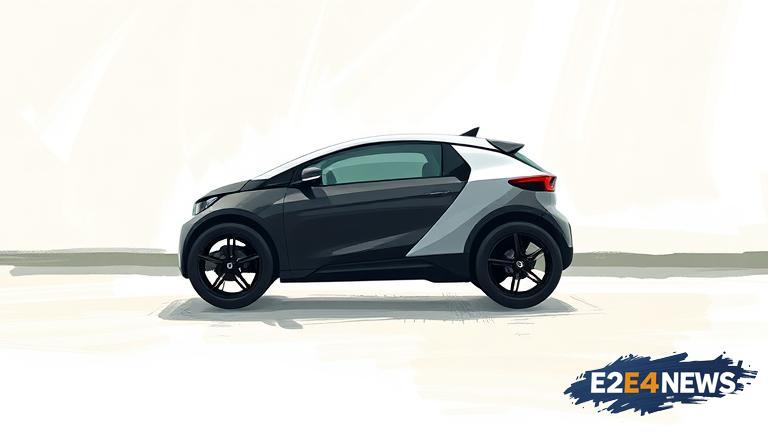The Indian government has announced a comprehensive plan to promote the adoption of electric vehicles (EVs) in the country. The plan includes a range of incentives and initiatives to encourage the use of EVs, including tax exemptions, subsidies, and investment in charging infrastructure. The government aims to have at least 30% of new vehicle sales be electric by 2030. To achieve this goal, the government will provide subsidies to manufacturers and buyers of EVs, as well as invest in the development of charging infrastructure. The plan also includes measures to promote the use of EVs in public transportation, such as buses and taxis. The government will also provide incentives to states that promote the use of EVs, such as offering additional subsidies and investments in charging infrastructure. The plan is expected to have a significant impact on the environment, as EVs produce zero emissions and can help reduce air pollution in urban areas. The government has also announced plans to develop a network of charging stations across the country, with a goal of having at least one charging station for every 3,000 vehicles. The plan has been welcomed by the automotive industry, which sees it as a major opportunity for growth and development. Several major automakers have already announced plans to launch new EV models in India, and the government’s incentives are expected to encourage even more companies to enter the market. The plan is also expected to create new job opportunities in the EV sector, including in manufacturing, sales, and maintenance. However, some experts have raised concerns about the feasibility of the plan, citing the high cost of EVs and the lack of charging infrastructure in many parts of the country. Despite these challenges, the government is confident that the plan will be successful and will help India become a leader in the global EV market. The plan is part of a broader effort by the government to reduce the country’s dependence on fossil fuels and promote the use of renewable energy. The government has set a goal of generating 40% of the country’s electricity from non-fossil fuels by 2030, and the promotion of EVs is seen as a key part of this effort. The plan has also been welcomed by environmental groups, which see it as a major step forward in reducing air pollution and promoting sustainable transportation. The government has announced that it will provide funding for research and development of new EV technologies, including battery technology and charging systems. The plan is expected to have a significant impact on the Indian economy, with the potential to create new industries and job opportunities. The government has also announced plans to develop a network of EV-friendly cities, with a goal of having at least 10 cities with comprehensive EV infrastructure by 2025. The plan is a major step forward for India’s transportation sector, and is expected to have a significant impact on the country’s environment and economy. The government’s commitment to promoting EVs is seen as a major opportunity for the country to reduce its dependence on fossil fuels and promote sustainable transportation. The plan is also expected to have a positive impact on public health, as EVs produce zero emissions and can help reduce air pollution in urban areas. Overall, the government’s plan to promote EVs is a major step forward for India’s transportation sector, and is expected to have a significant impact on the country’s environment and economy.





